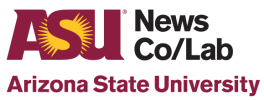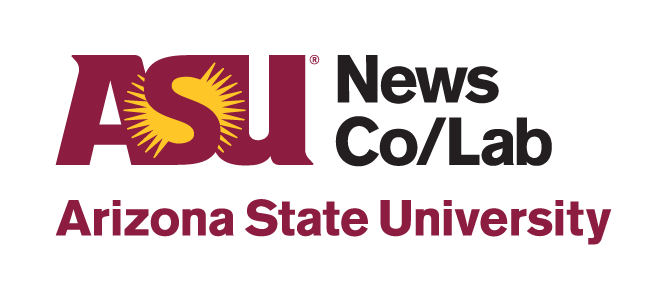
Building news savvy: Best practices
▸Transparency
CrossCheck That Election
WHAT IS IT?
To test CrossCheck, newsrooms, universities, nonprofits and tech companies partnered to fact-check statements leading up to the 2017 French presidential election. The project monitored social media and the public submitted 600 questions. Journalists produced 64 reports that also described the verification process and carried the logos of the multiple news organizations that checked out the claims.


WHO’S BEHIND IT?
First Draft, now a project of the Shorenstein Center on Media, Politics and Public Policy at Harvard University, coordinated the effort. Google News Lab and Facebook provided funding. CrossCheck used a Hearken plugin to enable people to submit questions. Other partners included Le Monde, Bloomberg News, Storyful, Mashable, AFP and Buzzfeed. First Draft is run by Dr. Claire Wardle, a global expert on user-generated content.
DOES IT WORK?
A study of people who submitted questions found that having multiple newsrooms reporting and explaining the verification process increased trust in the reporting. Some shared the fact-checks with friends who had shared misinformation. Crosscheck attracted 180,000 Facebook followers and its short videos drew 1.2 million page views. More lessons here.


HOW TO DO IT
CrossCheck relied on quick partners, a consistent and openly explained fact-checking process, and the focal point of a major election. (For more, see this comprehensive report.) First Draft wants to bring the CrossCheck model to other elections, including in the U.S. In addition, it has published guides to fighting misinformation and launched an online verification course.

